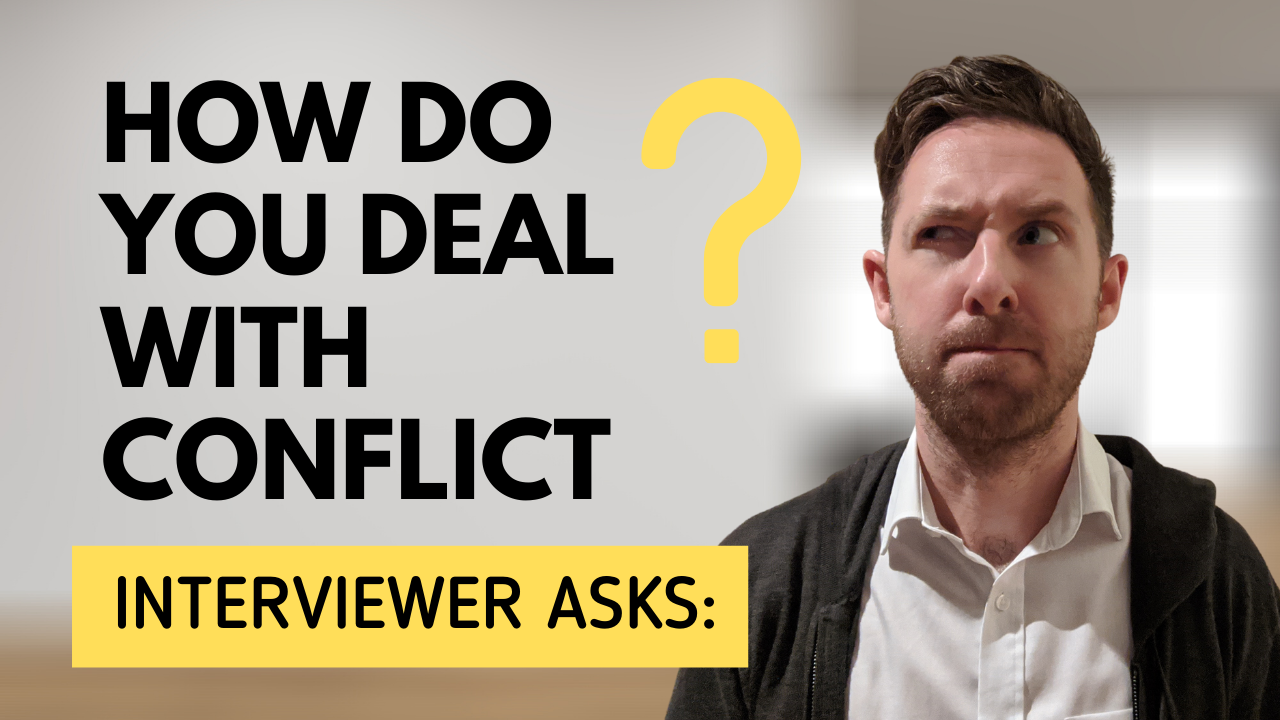There are basically two ways to actively search for a new job - by title or by keywords. Some people like a title because you can hang your hat on it, but the risk is that it doesn't take into account the nuances around the characteristics (e.g. autonomy, impact, teamwork culture) of a role. Also, it fails to reveal potentially interesting roles that have 'the wrong title' or a misleading title. On the other hand, keywords give people a chance to identify both the title and the characteristics of the roles they're interested in, which is why I think it's a better approach to the job hunt. But don't take my word for it — why not try both and see which works best for you?
Here are three tips to keep in mind:
Use specific keywords -
Try an exact match by using " "
Add negative keywords if necessary





















